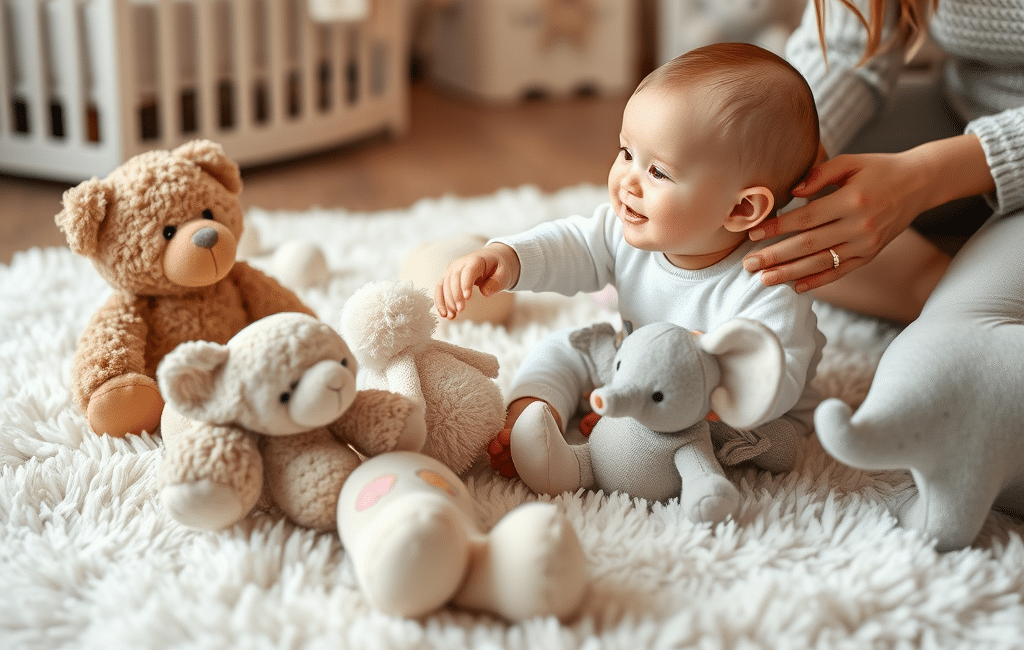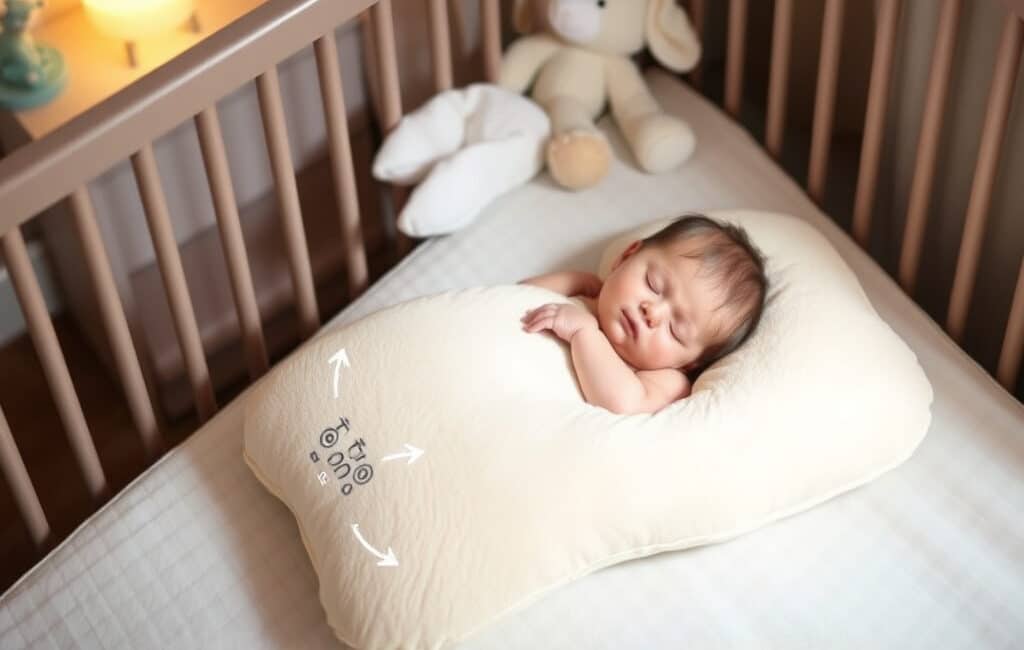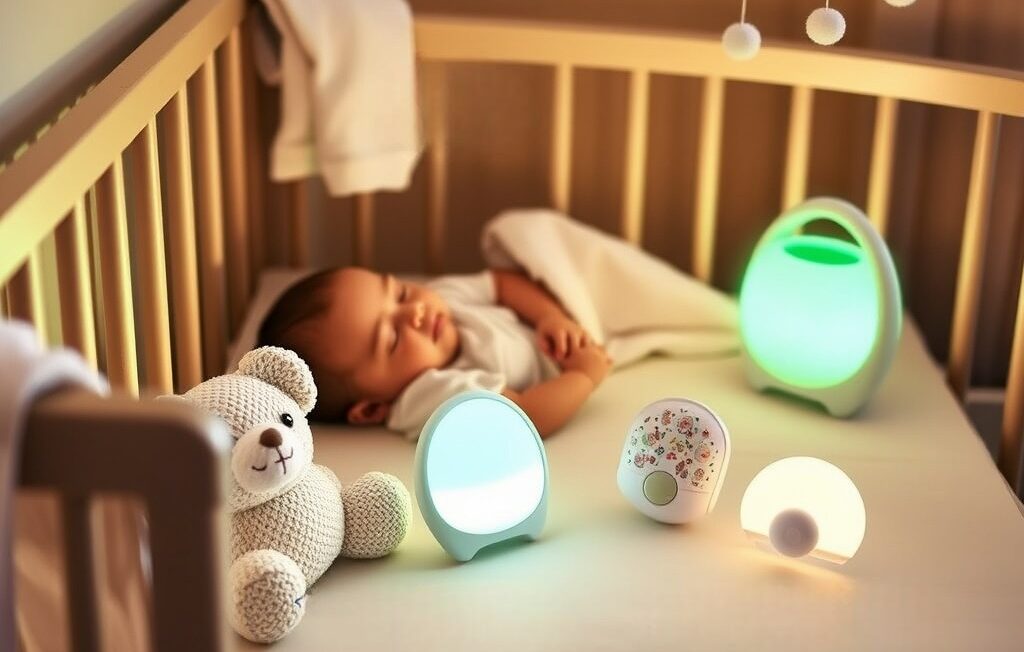
Soft toys are those comforting items which are mainly used by babies to put them to sleep but their functionality goes beyond sleep to constructively assist with the emotional and physical growth of the babies. These comforting companions are much more than just cute accessories, they serve a purpose which is important to the health of a child in several key ways.
In this article, we will understand the function of the plush sleep toys on emotional and physical growth and how they assist children in developing, education and keeping healthy.
1. Providing Comfort and Security
One of the primary benefits of plush sleep toys is the comfort they offer. Babies and toddlers are still trying to learn and understand the world around them, and so do transition stages like bedtime or visiting a new place so the plush toy helps provide this emotional security during such transition.
2. Encouraging Emotional Bonding
Plush toys often become an integral part of a child’s emotional world. From even the earliest months of life, children become attached to soft and fluffy items. Therefore, such attachment helps children to foster relationships, and more importantly, helps in looking after something outside of themselves.
3. Supporting Sleep Patterns and Restful Sleep
Plush sleep toys also contribute to building healthy sleeping patterns as they act as sleep aids. These toys encourage babies to relax and indicate that it is time for rest. Most stuffed animals come with soothing mechanisms such as subtle movements, soft music or ‘heartbeat’ sounds that are similar to the rhythm and motion that infants felt when they were in their mother’s womb.
4. Stimulating the Development of motion Skills
Soft toys intended for sleep are predominantly recognized for the comfort they provide, however they also contribute greatly in the development of motion skills. Infants, for instance, are known to clinically explore their plush toys via touch, grasping, or even sucking into the toys. Such activities improve eye-hand coordination, grip strength, and the development of fine motion skills.
5. Promoting Cognitive Development
The presence of plush toys during playtime and bedtime can also have cognitive benefits. While playing, for instance, children grasp the concept of making things happen when they do something, like pushing a button on a toy to make sounds or play music. Such interactions are rudimentary but harness cognitive functioning in children and especially infants, in making them active in determining the consequences of choices made in the external world.
6. Facilitating Social and Emotional Expression
Plush sleep toys also provide an outlet for emotional expression. Very frequently, a child will talk to his or her toy, name the toy or use it as a tool to show emotions that could be too childish for them. This form of play helps children understand how feelings can be expressed, how one interacts with others and helps them get in touch with themselves as well.
7. Aiding in Stress Relief and Coping Mechanisms
Along with the development of cognitive skills, the children begin to face new negative feelings such as nervousness, discontentment, or anxiousness. In these moments, plush sleep toys offer an easy and reliable source of comfort. The soft texture and familiarity of a plush toy can help reduce feelings of distress.
8. Building Independence and Self-Confidence
plush sleep toys help babies develop a sense of independence. While babies may initially rely on their parents for comfort, over time they may begin to turn to their plush toys for reassurance.
Conclusion
Plush sleep toys not only cuddly companions, but they also help in younger ones’ development emotionally and physically. From providing comfort and security to promoting cognitive, social, and motion development, these toys help children navigate their world and develop essential skills.



